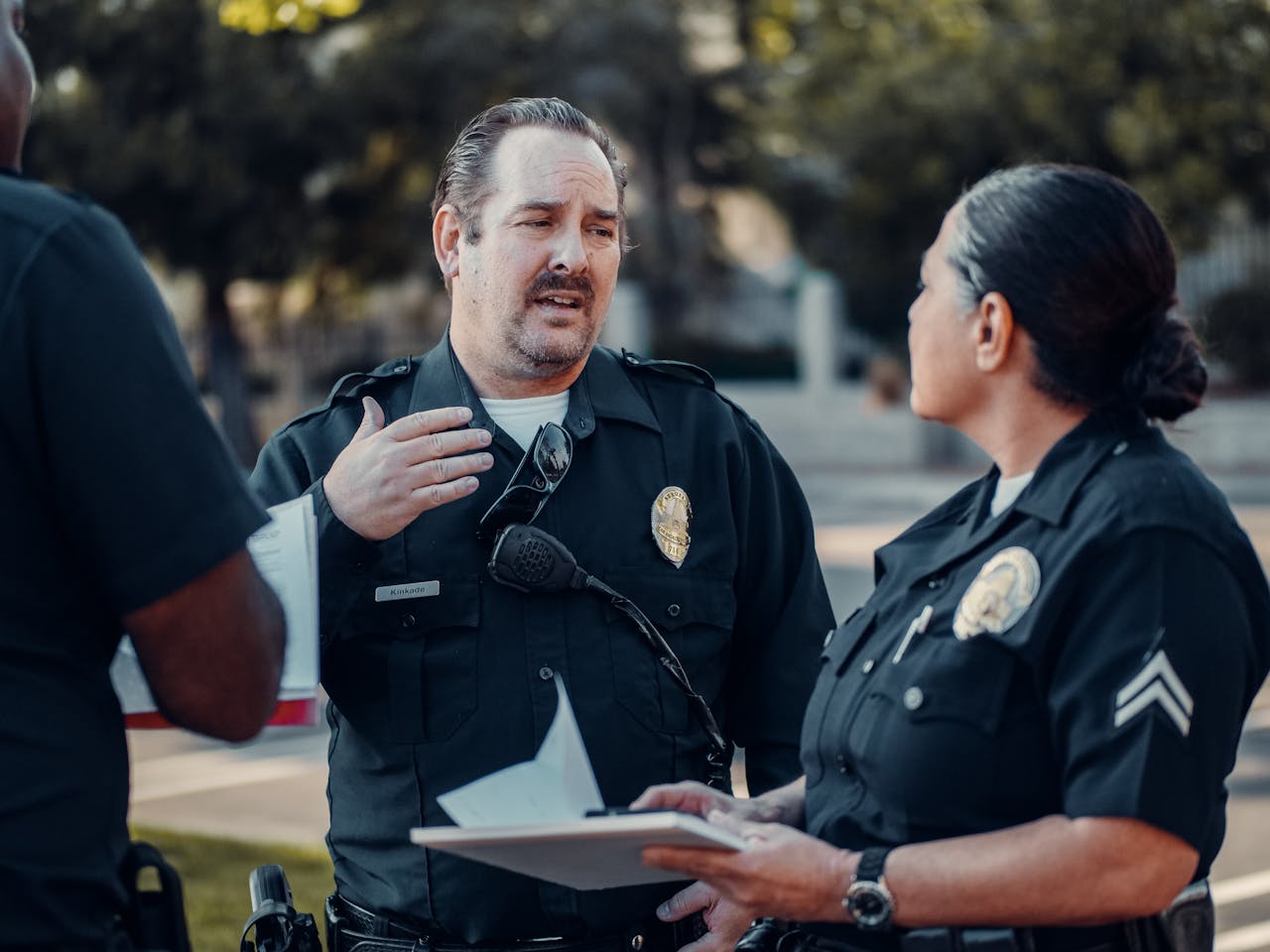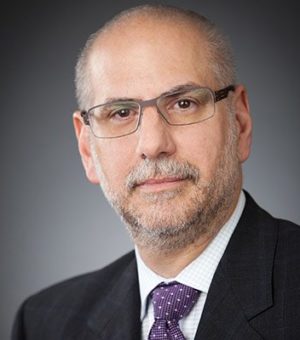
New Analysis Shows Major Reductions in Crime and Recidivism in States That Have Used Justice Reinvestment Initiatives
According to a new analysis from the CSG Justice Center, the 44 states that have participated in the Justice Reinvestment Initiative (JRI) saw, on average, a 38 percent drop in crime rates between 2008 and 2023. These same states also decreased their recidivism rates, on average, by 10 percent.1
While it’s difficult to attribute outcomes to any single policy change, these results show that data-driven, bipartisan changes are benefiting state criminal justice systems without compromising public safety.
Launched in 2010 and supported by Congress, JRI has helped 44 states use data to understand challenges related to crime, substance use, mental health, and recidivism. JRI has also enabled states to invest in effective supervision, treatment programs, and victim services that reduce incarceration and promote safer, healthier communities.
As states continue to face complex public safety challenges, JRI’s proven approach equips policymakers with the information and tools needed to meet these challenges head-on—ensuring that policies are informed, cost-effective, and responsive to the needs to people in the justice system and victims of crime.
To read more about JRI and learn about what states are doing to strengthen public safety, improve behavioral health, and optimize government resources, access the JRI Fact Sheet or view Justice Reinvestment Initiatives by State.
Sources
- “Advancing Fair, Effective, and Efficient Criminal Justice Strategies,” Justice Reinvestment Initiative, November 30, 2023, https://justicereinvestmentinitiative.org/.
- The Council of State Governments Justice Center, “Justice Reinvestment Initiative (Fact Sheet),” CSG Justice Center, March 4, 2025, https://csgjusticecenter.org/publications/fact-sheet-the-justice-reinvestment-initiative/.
- The Council of State Governments Justice Center, “50 States, 1 Goal: Examining State-Level Recidivism Trends in the Second Chance Act Era,” CSG Justice Center, June 6, 2024, https://csgjusticecenter.org/publications/50-states-1-goal/.
- The Council of State Governments Justice Center analysis of Uniform Crime Reporting (UCR) Program data from 2008 to 2023.
[1] Forty-four states have participated in the Justice Reinvestment Initiative at different times over this period. Statistics were calculated by comparing crime and cohort recidivism rates from 2008 compared to those rates in 2023. Below are the years when states enacted JRI policy changes:
2007: Kansas, Nevada
2008: Arizona, Connecticut, Pennsylvania, Rhode Island, Vermont
2009: Illinois, Wisconsin
2010: New Hampshire, South Carolina
2011: Alabama, Arkansas, Kentucky, Louisiana, North Carolina, Ohio
2012: Delaware, Georgia, Hawaii, Missouri, Oklahoma, Pennsylvania
2013: Kansas, Oregon, South Dakota, West Virginia
2014: Idaho, Michigan, Mississippi
2015: Alabama, Nebraska, Utah
2016: Alaska, Maryland
2017: Arkansas, Georgia, Louisiana, Montana, North Dakota, Rhode Island
2018: Massachusetts, Missouri, Oklahoma
2019: Nevada, New Mexico, Oregon, Pennsylvania
2020: Vermont
2021: Kansas, Louisiana, Tennessee
2022: Pennsylvania
2023: Montana, Nebraska
Authors


Arkansas policymakers have long expressed concerns about the state’s high recidivism rate. Over the past 10 years, an…
Read MoreGovernors emphasized a wide range of criminal justice and behavioral health initiatives in this year’s state-of-the-state addresses. From…
Read MoreCorrections leaders balance the complex priorities of maintaining public safety, operating secure facilities, providing needed care and services…
Read More Explainer: Key Findings and Options from Arkansas’s Justice Reinvestment Initiative
Explainer: Key Findings and Options from Arkansas’s Justice Reinvestment Initiative
Arkansas policymakers have long expressed concerns about the state’s high recidivism rate. Over the past 10 years, an estimated 72 percent of prison admissions in the state involved people who were revoked from supervision, with unmet substance use and mental health challenges playing a significant role in these failures.
Read More State of the States: Criminal Justice and Behavioral Health Priorities in 2025
State of the States: Criminal Justice and Behavioral Health Priorities in 2025
Governors emphasized a wide range of criminal justice and behavioral health initiatives in this year’s state-of-the-state addresses. From Alaska to Washington, governors across the U.S. highlighted significant progress in reducing crime rates, combating the opioid crisis, and expanding mental health services. They also noted areas for improvement, some of which will be legislative priorities in 2025.
Read More Apply Now for Resident Analyst Program to Increase Data Analysis Capacity at Departments of Corrections
Apply Now for Resident Analyst Program to Increase Data Analysis Capacity at Departments of Corrections
Corrections leaders balance the complex priorities of maintaining public safety, operating secure facilities, providing needed care and services to the incarcerated population, and coordinating with other agencies.
Read More Five New CSG Justice Center Board Members Look to Strengthen Communities and Improve Public Safety
Five New CSG Justice Center Board Members Look to Strengthen Communities and Improve Public Safety
The CSG Justice Center is pleased to announce 5 new members of its advisory board. Hailing from states across the country and representing multiple professions, they are all eager to join the 17 current members in establishing the policy and project priorities for the organization.
Read More Removing Barriers to Successful Reentry: Q&A with New CSG Justice Center Advisory Board Member Dr. Ronald F. Day
Removing Barriers to Successful Reentry: Q&A with New CSG Justice Center Advisory Board Member Dr. Ronald F. Day
The CSG Justice Center Advisory Board establishes the policy and project priorities of the organization. The board features a cross-section of leaders who shape criminal justice policy in various parts of the country.
Read More Transforming Lives with Access to Needed Mental Health Care: Q&A with New CSG Justice Center Advisory Board Member Dr. Courtney Harvey
Transforming Lives with Access to Needed Mental Health Care: Q&A with New CSG Justice Center Advisory Board Member Dr. Courtney Harvey
The CSG Justice Center Advisory Board establishes the policy and project priorities of the organization. The board features a cross-section of leaders who shape criminal justice policy in various parts of the country.
Read More









